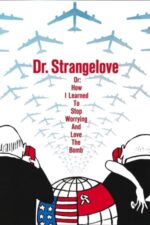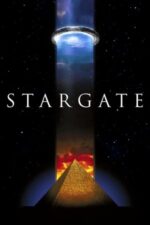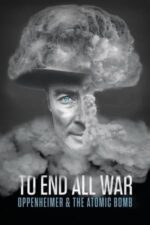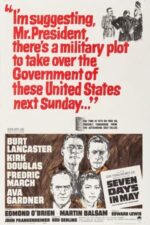The Shadow of the Mushroom Cloud: Cinema & Our Nuclear Anxiety
Isn't it fascinating how certain historical anxieties burrow their way into our collective consciousness, finding expression in art? And few anxieties have been as potent and pervasive as the threat of nuclear annihilation. For decades – really, ever since Hiroshima and Nagasaki – cinema has grappled with this terrifying possibility, not just through disaster films but by exploring the psychological, political, and even darkly comedic implications of living under the shadow of the mushroom cloud.
It's more than just about explosions, though those certainly have their place (more on that in a bit!). It’s about the idea of nuclear weapons – what they represent: ultimate power, unimaginable destruction, and the fragility of civilization itself. I remember being a kid during the Cold War; "duck and cover" drills were just part of school life. That constant low-level fear seeped into everything, and unsurprisingly, it found its way onto screens.
Take The War Game, for example. The fact that the BBC initially banned it is telling – they recognized the sheer visceral impact of depicting a nuclear attack on Britain with such chilling realism. It wasn't about spectacle; it was about confronting the unthinkable. And then you have something like Stanley Kubrick’s Dr. Strangelove. Now, that film…that’s where things get really interesting. On the surface, it’s a satire – a black comedy poking fun at Cold War paranoia and military incompetence. But beneath the absurdity lies a profound commentary on how easily we can stumble into disaster when driven by ideology and fear. The sheer ridiculousness of General Ripper's plan is horrifying precisely because it feels plausible within that context. It’s funny, but in a way that makes you deeply uncomfortable – like realizing a joke has a very dark truth at its core.
Beyond the obvious disaster scenarios, films like Seven Days in May demonstrate how the threat of nuclear conflict can warp political institutions and erode trust. The film isn't about bombs dropping; it’s about the potential for internal power struggles to escalate into something catastrophic. It reminds us that even without a direct attack, the very fear of one can destabilize society.
And then there are films like "Ways of Knowing: A Navajo Nuclear History" and documentaries like “Nuclear Nightmares” which offer crucial perspectives often missing from mainstream narratives. They highlight the devastating impact on communities – particularly Indigenous populations – who have borne the brunt of nuclear testing and waste disposal, reminding us that the consequences aren't just theoretical or distant. The story of City 40 is a chilling testament to this reality.
Ultimately, films about nuclear weapons aren’t just entertainment; they are cultural artifacts reflecting our deepest anxieties and forcing us to confront uncomfortable truths about ourselves and our relationship with technology. They invite us to consider what we value, what we're willing to risk, and whether we can ever truly escape the shadow of that first atomic blast.
What films do you think best capture this complex theme? I’d love to hear your thoughts!






































